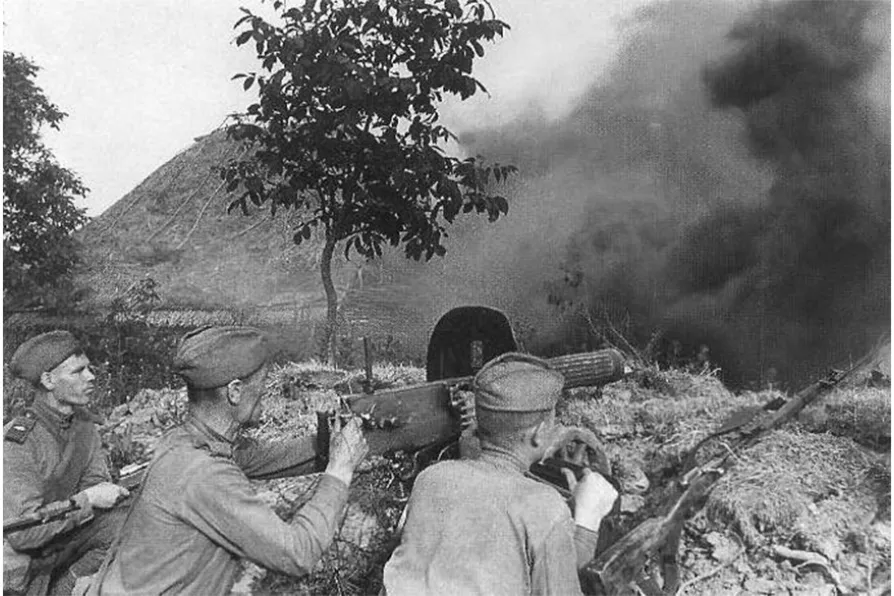SUE TURNER is fascinated by a book that researches who the largely immigrant workforce were that built the Empire State
Breaking the circle
NICK WRIGHT recommends a biography of the anti-fascist who passed secrets to the Soviets which challenges conventional accounts

 CRITICAL JUNCTURE : John Cairncross’s information proved crucial to Soviet forces (pictured) at the Balttle of Kursk
CRITICAL JUNCTURE : John Cairncross’s information proved crucial to Soviet forces (pictured) at the Balttle of Kursk
Agent Moliere: The Life of John Cairncross, the Fifth Man of the Cambridge Spy Circle
by Geoff Andrews
(Bloomsbury, £20)
THE ANTI-FASCIST endeavours of the bourgeois spies for the Comintern — the Communist International — before, during and after the second world war continue to grip the imagination.
Similar stories

Ben Cowles speaks with IAN ‘TREE’ ROBINSON and ANDY DAVIES, two of the string pullers behind the Manchester Punk Festival, ahead of its 10th year show later this month

RON JACOBS welcomes the long overdue translation of an epic work that chronicles resistance to fascism during WWII

NICK WRIGHT delicately unpicks the eloquent writings on art of an intellectual pessimist who wears his Marxism lightly

JOHN GREEN surveys the remarkable career of screenwriter Malcolm Hulke and the essential part played by his membership of the Communist Party










